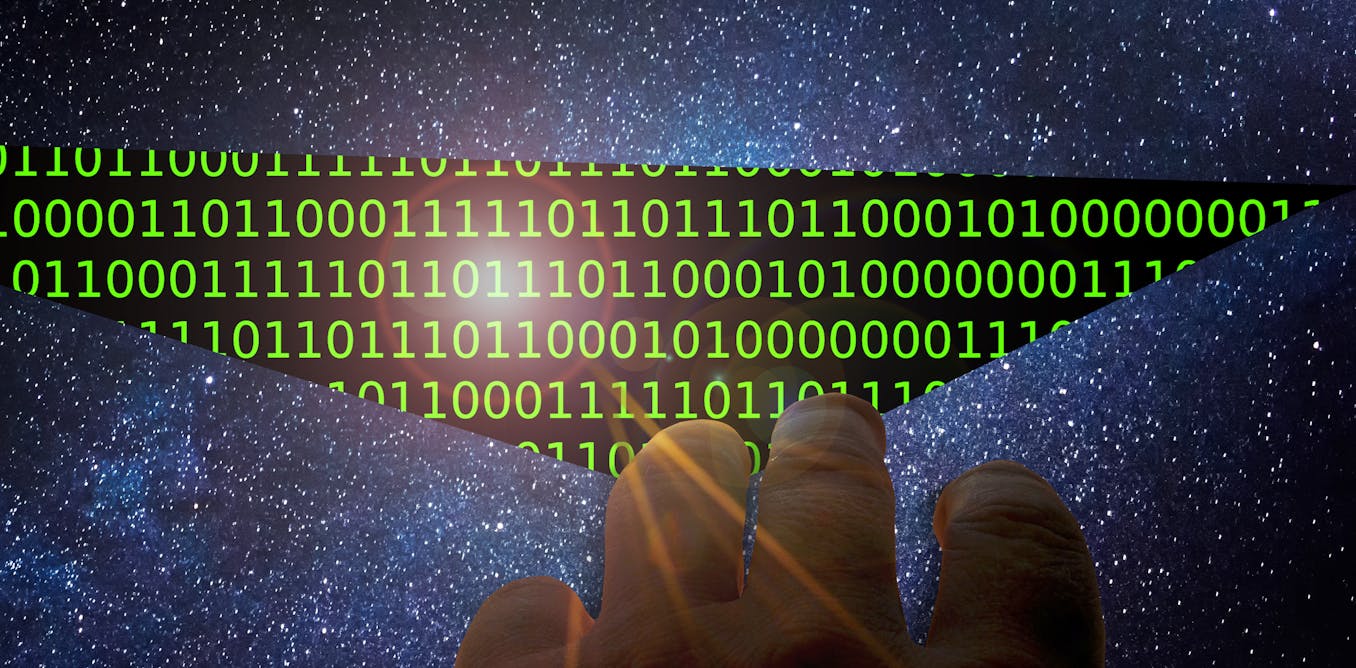Do we live in a computer simulation like in The Matrix? My proposed new law of physics backs up the idea

🌈 Abstract
The article discusses the simulated universe theory, which suggests that our reality is a meticulously programmed computer simulation. It explores the historical origins of this idea, the scientific and philosophical debates around it, and a new law of physics proposed by the author that may provide evidence supporting the simulated universe hypothesis.
🙋 Q&A
[01] The Simulated Universe Theory
1. What is the simulated universe theory?
- The simulated universe theory implies that our universe, with all its galaxies, planets and life forms, is a meticulously programmed computer simulation
- The physical laws governing our reality are simply algorithms, and the experiences we have are generated by the computational processes of an advanced system
2. What are the historical origins of this idea?
- The earliest records of the concept that reality is an illusion are from ancient Greece, where philosophers like Plato considered mind and spirit as the abiding reality, with matter being just a manifestation or illusion
- Idealism has evolved into the modern idea that both the material world and consciousness are part of a simulated reality, driven by advancements in computing and digital technologies
3. What are the views within the scientific community?
- The concept of a simulated universe has sparked both fascination and skepticism among scientists
- Some suggest that if our reality is a simulation, there may be glitches or patterns within the universe that betray its simulated nature, but the search for such anomalies remains a challenge
[02] The Second Law of Infodynamics
1. What is the second law of infodynamics proposed by the author?
- The second law of infodynamics states that the "information entropy" (the average amount of information conveyed by an event) must remain constant or decrease over time, up to a minimum value at equilibrium
- This is in opposition to the second law of thermodynamics, which states that entropy always rises over time
2. How does the second law of infodynamics support the simulated universe theory?
- The minimization of information entropy, as dictated by the second law of infodynamics, suggests an optimization of information content or data compression
- This is consistent with the idea that a simulated universe would require built-in data optimization and compression to reduce computational power and storage requirements
3. What are the implications of the second law of infodynamics?
- The author believes this law has massive implications for genetic research, evolutionary biology, genetic therapies, physics, mathematics and cosmology
- It can explain phenomena in atomic physics, the time evolution of digital data, and the dominance of symmetry in the universe
4. What is the status of the second law of infodynamics and the simulated universe hypothesis?
- Further studies are necessary before the second law of infodynamics can be considered as fundamental as the second law of thermodynamics
- The same is true for the simulated universe hypothesis, but the author believes this may be the first scientific evidence supporting this theory.